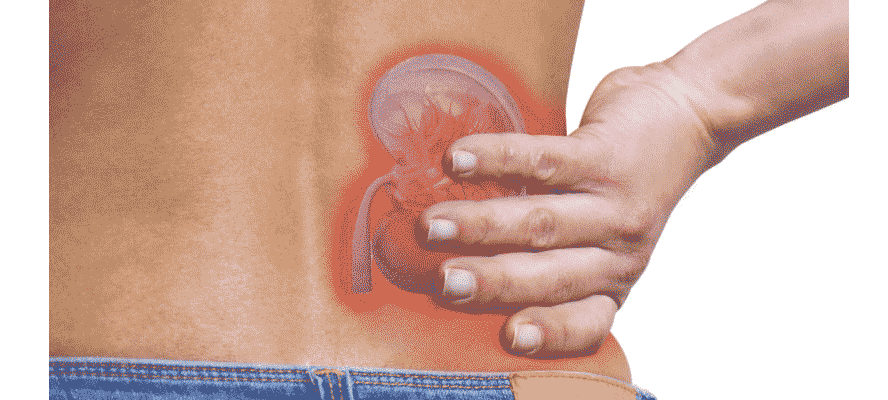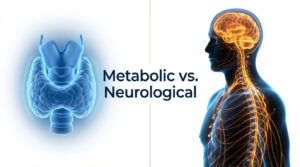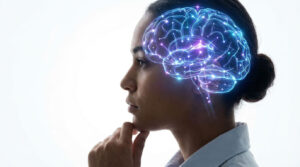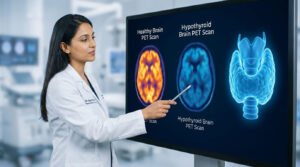It is a well-known fact today that kidney stones may cause cloudy urine. However in 90% of cases it is the pain of the stones that may lead you to see a doctor more quickly than the cloudy urine. Kidney stones are not fun, in fact, some people have described passing a kidney stone as the worst pain they have ever experienced.
Recalls one patient, ‘The first time I had a Kidney stone I thought I was going to die. My wife and I were starting to eat dinner and I just collapsed in pain on the floor (no not from her food). Not knowing what the feeling was, I assumed the worst and thought I had appendicitis. The pain was a sharp throbbing pain in my left side (for those of you who don’t know the appendix is on the right side). I swore to my wife my appendix had burst and after several minutes of bickering, crying and nausea I insisted on going to the hospital. Every bump in the road sent shocks of pain through my entire body. Once in the emergency room the nurse was able to identify my symptoms immediately as a Kidney Stone. Several painful hours later I still had not passed the stone. The painkillers (shots) had kicked in but the uncomfortable feeling and pressure was still there. After another hour they sent me home with a straining device and a big bucket to capture you know what for the next 24 hours.








